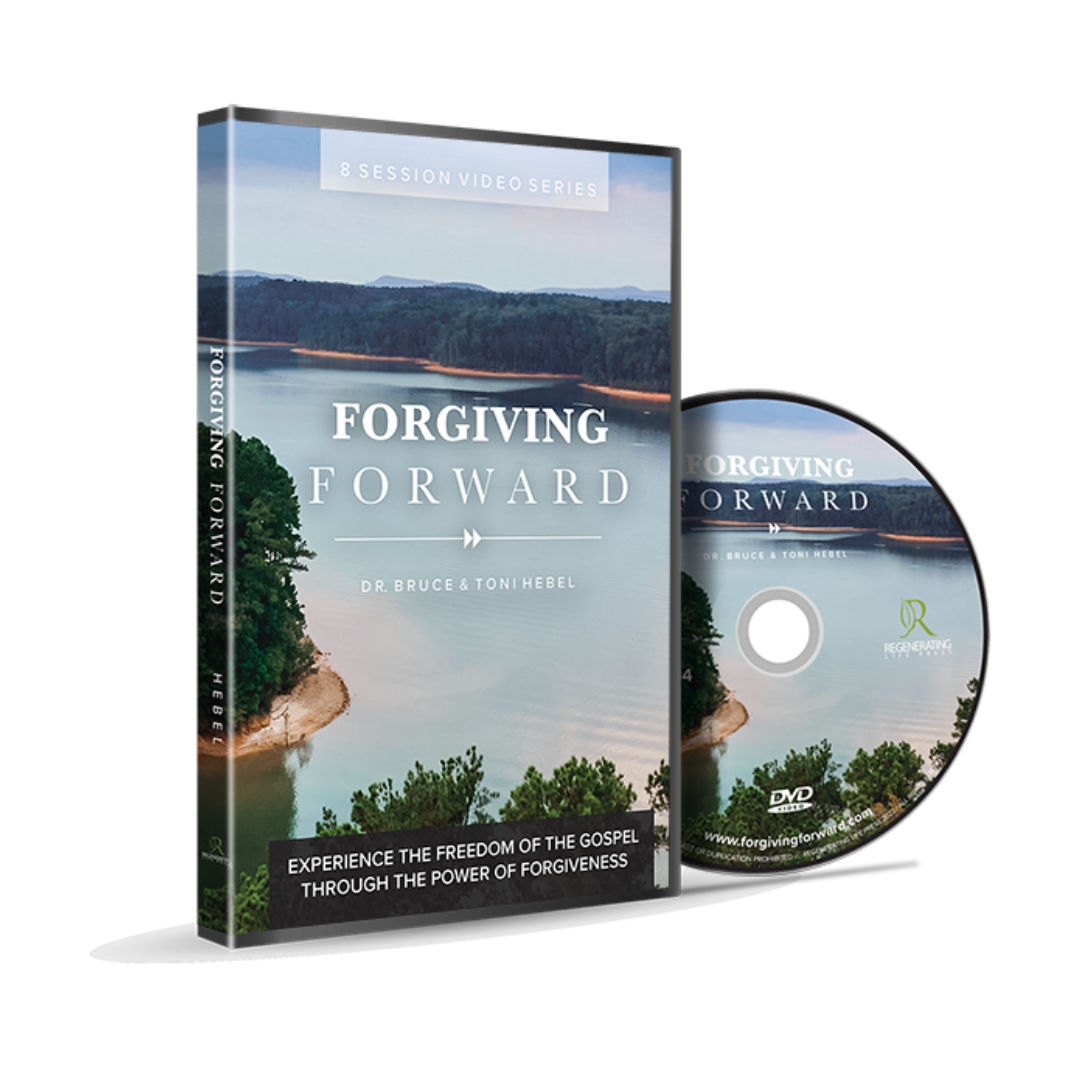“HOW DO I FORGIVE SOMEONE WHO HAS DIED?”
“How do I forgive someone who has passed away?” is a question we frequently receive. It’s an important question because many of the people we have coached have been wounded by a person, often a grandparent or parent, who is no longer living. How can we forgive them if they aren’t here?
It’s important to know that when we forgive, we are talking with God, not the person who wounded us. “Father, forgive them…” were Christ’s words on the Cross. Notice that He didn’t address the ones who were crucifying him, but rather, He spoke directly to the Father as if they weren’t there. Following Jesus’ example, the person who wounded us doesn’t need to be present or even alive for us to forgive them for what they did to us. When we forgive, we are walking in the way of Christ in obedience as He was obedient. It is important for our freedom to forgive the wounds we have incurred in our lives from people, living or deceased.
It’s also important to know that we forgive people for the specific wounds they inflicted on us. “I choose to forgive my grandfather for making me feel that I wasn’t good enough, for saying I would never measure up, and for rejecting me” are examples of forgiving the wounds. We forgive those who are alive and those who are deceased in the same way.
A second question of “how to forgive someone who has died” is often raised when we come to Protocol #5, “How do I bless a deceased person?” The Protocol of Blessing is extremely important to seal our forgiveness. If we cannot bless someone, we haven’t forgiven them. To bless is to speak well of. It’s a posture of the heart that wants good for someone. It proves we have forgiven them when we want blessings for them and not punishment. It is during the times of asking God to bless the person that we witness the most incredible freedom and release.
So, how do you bless someone who is no longer living? Here are a few suggestions:
#1. Ask God to tell them that you have forgiven them and that you are okay with them. Go even further and express your love for them. This may sound bizarre, but we have found it to be very powerful because, again, the issue is the posture of your heart. “God, would you please tell my grandmother that I have forgiven her and I’m okay with her? Tell her I love her, and I miss her." Some people even express their forgiveness and love in prayer directly to the person. “Grandma, I forgive you. I’m okay with you and I love and miss you!” Powerful.
#2. Ask God to bless their descendants. Elaborate how you want Him to do that, such as draw them to Jesus, heal them of any wounds the deceased person may have caused, bless them relationally and financially, etc. “God, please bless all my grandmothers’ descendants. I ask that you draw each of them to You, the greatest blessing, and may they walk with You throughout their lives."
#3. Ask God to change the way people remember them, such as remembering the good things about them, not the negative things. “God, would you please remind people who knew my grandmother of all the good things she did and represented? Please cover the negative with Your sacrifice. I desire to honor my grandmother."
Blessing those who have wounded us after we have forgiven them is powerful. We experience the love and compassion of the Lord Jesus flowing through us. We see the person through Christ’s eyes, and our hearts are forever changed!
Don’t believe the lie that since the person who wounded you isn’t here anymore, you are no longer obligated to forgive. “For if while we were enemies we were reconciled to God through the death of His Son, much more, having been reconciled, we shall be saved by His life.” (Romans 5:10) While we were enemies, in other words, while we were dead, i.e., separated from God, God blessed us with the greatest blessing of all, the death of His son to pay for our sins. Your freedom is on the other side of your forgiveness experience, even with those deceased people in your life who wounded you deeply.



